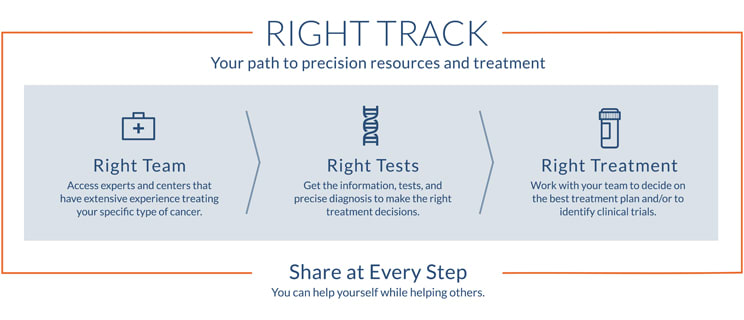The ultimate goal is to prevent men from ever developing prostate cancer in the first place. Although significant progress has been made, and genetic and environmental risk factors for prostate cancer have been identified, the evidence is not strong enough for conclusive recommendations on prostate cancer prevention overall.
However, there are several actions men can take to potentially reduce their risk. Diet and lifestyle modifications have been shown to reduce the risk of developing aggressive/fatal prostate cancer, or of prostate cancer progression after diagnosis. These changes can also help men with prostate cancer live longer and better lives.
To understand how to prevent prostate cancer, one must first understand what causes it. There are three major factors that influence one’s risk for developing prostate cancer.
Age: The average age at diagnosis of prostate cancer in the United States is 66 years. While prostate cancer is fairly rare in men aged less than 50 (probability of 1 out of 457 men), the risk increases as men age. The risk is 1 in 55 for men aged 50-59; 1 in 19 for ages 60-69; and 1 in 11 for ages 70 and older.
Race: In the U.S., Black men are about 70% likely to develop prostate cancer and have more than twice the risk of dying from it.
Family history: A man with a father or brother with prostate cancer may be twice as likely to develop the disease (vs. men who do not have an affected relative). This risk is further increased if the cancer was diagnosed at a younger age (less than 60 years of age) or affected multiple family members. You should discuss with your doctor if you have a family history of not only prostate cancer, but also breast cancer, ovarian cancer, colon cancer, pancreatic cancer, endometrial cancer, or multiple other cancers.
While the factors above are impossible to change, there are many things that men can do to potentially reduce their risk of developing aggressive prostate cancer or of having a recurrence.
10 Considerations for Preventing Prostate Cancer
- Adopt an “anti-inflammatory diet,” low in red meat, sugar, processed foods, and dairy products, and high in foods that fight inflammation, such as brightly-colored vegetables.
- Eat fewer calories and exercise more so that you maintain a healthy weight. Vigorous exercise, within the bounds of safety for your personal physical fitness level, has been shown to reduce a man’s chance of developing lethal forms of prostate cancer. Obesity is linked to increased risk of fatal prostate cancer and of prostate cancer recurrence.
- Watch your calcium intake. Very high amounts of calcium may increase risk of aggressive prostate cancer. Try to get most of your calcium from plant-based food sources (e.g., almonds, tofu, leafy greens) rather than supplements, unless your doctor has advised otherwise.
- Swap red meat for plant-based protein and fish. Saturated fat in red meat is a cause of inflammation, which is associated with cancer and other chronic diseases. Avoid trans fatty acids (e.g., margarine, packaged baked goods).
- Incorporate cooked tomatoes (prepared with olive oil), which may be beneficial, and cruciferous vegetables (like broccoli and cauliflower) into many of your weekly meals.
- Avoid smoking for many reasons. Drink alcohol in moderation, if at all.
- Seek medical treatment for stress, high blood pressure, diabetes, high cholesterol, and depression. Treating these conditions may save your life and will improve your survivorship with prostate cancer.
- Avoid over-supplementation with megavitamins. While a multivitamin is not likely to be harmful, you probably don’t need it if you follow a healthy diet with lots of fruits, vegetables, whole grains, fish, and healthy oils. Ask your doctor about herbal supplements, as some may harm you or interfere with treatment.
- Relax and enjoy life. Studies have shown that the stress hormone cortisol can interfere with cancer cell death. Reducing stress in the workplace and home will improve your survivorship and lead to a longer, happier life.
- For men age 45 or older (40 or older for Black men or those with a family history of prostate cancer), discuss the risks and benefits of screening with a PSA test and, if indicated, a rectal examination, with your doctor.










